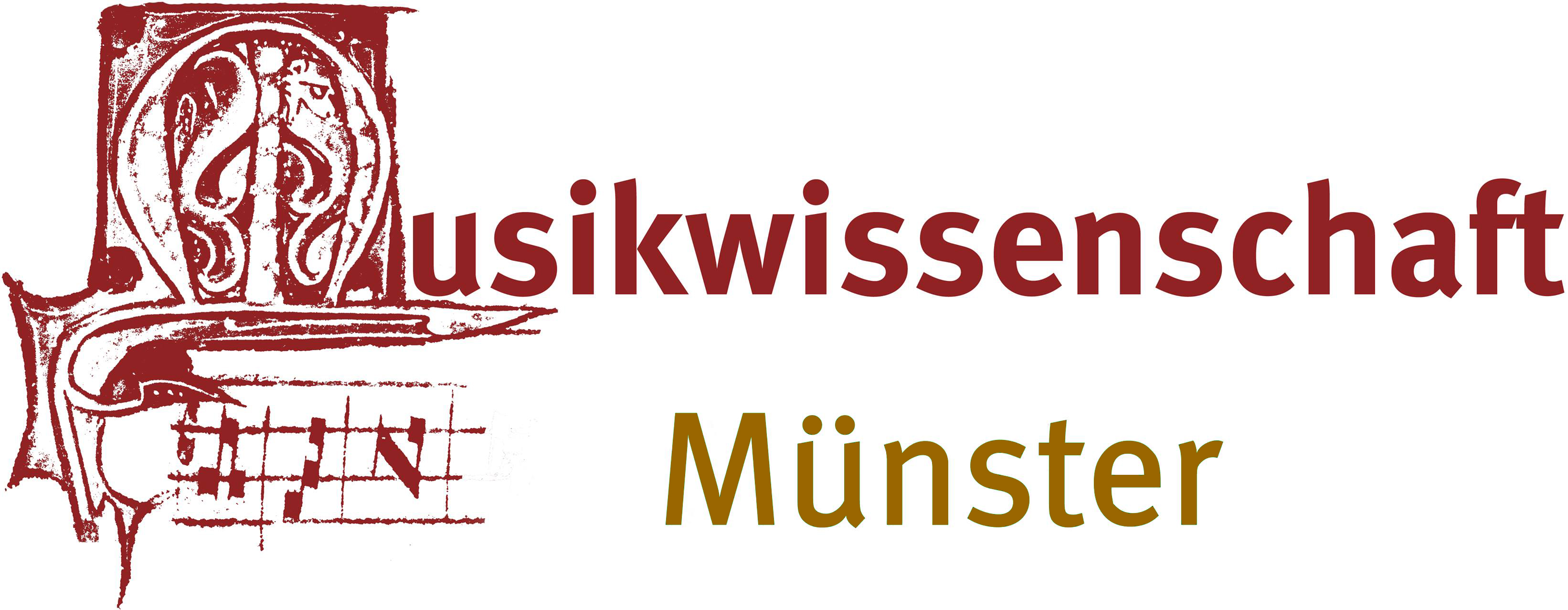

Beethoven and His Music in Nazi-Occupied European Countries
Although cultural life in various Nazi-occupied countries manifested distinctive differences in outlook between 1939 and 1945, partially accountable to specific national traditions and their historical and ideological relationship to German music and the political situation, one factor that appears to bind all musical activity in these areas is the consistent presence of the music of Ludwig van Beethoven. The underlying motivations for giving Beethoven’s music special emphasis are as different as musical life in dictatorships and the occupied territories is controversial. Thus Beethoven was honored not only in official propaganda and military events, as well as in innumerable public concerts, but was also venerated in clandestine and resistance music making and in enforced circumstances in concentration camps. That Beethoven was able to serve the needs of the diametrically opposed ideological agendas of the German imperialists and the resistance movement is in itself a remarkable and unique phenomenon. It is undoubtedly a topic that warrants far more detailed scrutiny that hitherto, and for this reason a team of international researchers has been brought together with the experts of the Beethoven-Haus in Bonn to examine Beethoven reception during this problematic period in the greatest possible detail for an anthology scheduled for the upcoming Beethoven-year 2027.
This project has five specific aims:
- To reconstruct the presence and purpose of Beethoven’s music amongst others in Belgium, Croatia, Czechoslovakia, Denmark, Estonia, France, Italy, Latvia, Lithuania, the Netherlands, Norway, and Poland.
- To examine the importance of persecuted musicians as cultural ambassadors of an alternative, anti-Nazi Germany for example in Swedish and Swiss exile.
- To understand the reasons why some pieces were of special importance and to what extent this predilection for certain repertoire resonated with long-established traditions that may, or may not have been specific to a particular country.
- To learn whether this focus on Beethoven reception can lead to a more nuanced understanding of musical life in the occupied territories and their relationship to German culture.
- To ascertain whether the politicization of Beethoven during this period may have influenced the reception of the composer’s music in post-war Europe where once again Beethoven’s music played an important role in determining cultural diplomacy and international collaboration.






German Ambassador Viktor Elbling attends the evening event "Beethoven in Poland" of the project "Beethoven and His Music in Nazi-occupied European Countries" of the University of Münster at the Museum of the History of Polish Jews.
The Russian war of aggression on Ukraine drastically demonstrates how complicated and contradictory the handling of nationally appropriated cultural property is, especially in the field of classical music. This dispute is particularly often discussed in the context of the Second World War and the use or misuse of music. Beethoven in particular was a constant in everyday musical life in all European countries occupied by the National Socialists and a unique yardstick for comparing the cultural characteristics of these countries and the occupation policies of the German occupiers along the political use of his music.
In the context of the research project "Beethoven and His Music in Nazi-occupied European Countries" being developed at the Institute of Musicology Münster, an evening event was held last Sunday (October 9, 2023) at the Museum of the History of Polish Jews (POLIN), with which the project opened its annual meeting. First, His Excellency German Ambassador Viktor Elbling welcomed those present, who was joined by Cornelius Ochman, whose Foundation for Polish-German Cooperation generously supports the conference. This was followed by a welcoming address by the Deputy Director of the German Historical Institute in Warsaw, Prof. Dr. Ruth Leiserowitz, on whose premises the conference is being held. The director of the project, Prof. Dr. Michael Custodis, led through the evening.
The center of the event was a historical and musicological panel discussion. Together with the Polish musicologist, Ass. Prof. Dr. Małgorzata Grajter, and the director of the archive in the Beethoven-Haus Bonn, Prof. Dr. Christine Siegert, Custodis and Leiserowitz discussed the Polish-German relationship in the context of Ludwig van Beethoven.
The musical framework enters the "Shoven Quartet" with pieces by Ludwig van Beethoven and Mieczysław Weinberg. Wojciech Sojka (violin), Olivia Bujnowicz-Wadowska (violin), Wiktoria Dettlaff (viola) and Wojciech Bafeltowski (cello) from the Fryderyk Chopin University of Music in Warsaw are considered one of the most promising young string quartets in Poland and have been awarded several times, most recently with the first place of the International Beethoven Music Competition 2023.
The following three days the project, which includes 40 researchers from 22 countries, will discuss the research results of the participating countries. The project would like to thank all supporters, contributors and friends who made this conference and evening event possible.

Our Team
Coordination
- Prof. Dr. Michael Custodis (WWU Münster)
- Anna Maria Plischka (WWU Münster, assistance)
Research and Technical Support
- Francesco Bruno
- Dr. Attila Kornel-Markula
- Eleonora Maksiutenko
- Marcel Guthier
- Anna Katharina Müller
- Ina Rupprecht
Advisory Board
- Dr. Jürgen Finger (DHI Paris)
- PD Dr. Lutz Klinkhammer (DHI Rome)
- Prof. Dr. Ruth Leiserowitz (DHI Warsaw)
- Prof. Dr. Oliver Rathkolb (Universität Wien)
- Prof. Dr. Albrecht Riethmüller (FU Berlin)
- Dr. Claus Røllum-Larsen (Royal Library Copenhagen)
History of the Beethoven-Archive and Cross-National Contributions
- Prof. Dr. Erik Levi (Royal Holloway University of London)
- Prof. Dr. Christine Siegert (Beethoven-Haus Bonn)
- Ass. Prof. Dr. Henrik Rosengren (University of Lund)
Regional Contributions
Belgium
- Prof. Dr. Eric Derom (University of Gent)
- Prof. Dr. Christopher Murray (University of Brussels)
„Böhmen und Mähren“ (Czechoslovakia)
- Prof. Dr. Lenka Křupková (Palacky University Olomouc)
- Prof. Dr. Lubomír Spurný (Masaryk University Brno)
Croatia
- Dr. Tatjana Čunko (Croation Academy of Sciences and Arts Zagreb)
Denmark
- Prof. Dr. Michael Fjeldsøe (University of Copenhagen)
- Prof. Dr. Yvonne Wasserloos (Rostock University of Music and Drama)
Estonia
- Ass. Prof. Dr. Anu Kõlar (Estonian Academy of Music and Theatre Tallin)
France
- Prof. Dr. Esteban Buch (EHESS Paris)
- Dr. Beate A. Kraus (Beethoven-Haus Bonn)
- Dr. Élise Petit (University of Grenoble Alpes)
- Dr. Cécile Quesney (University of Rouen)
Italy
- Prof. Dr. Friedrich Geiger (University of Music and Performing Arts Munich)
- Prof. Dr. Mila De Santis (University of Florence)
Latvia
- Prof. Dr. Lolita Fūrmane (Latvian Academy of Music, Riga)
Lithuania
- Prof. Dr. Danutė Petrauskaitė (Lithuanian Academy of Music and Theater, Vilnius)
The Netherlands
- Prof. Dario van Gammeren (Trinity Laban Conservatoire of Music & Dance London)
- Prof. Dr. Emile Wennekes (University of Utrecht)
Norway
- Ass. Prof. Dr. Arnulf Mattes (University of Bergen)
Poland
- Prof. Dr. Magdalena Dziadek (University of Krakow)
- Ass. Prof. Dr. Katarzyna Naliwajek (University of Warsaw)
- Hubert Szczęśniak (City University of London)



